Advisers, activists, and political party leaders have called on the youth to unite in tackling the risks of climate change and protecting the environment, emphasizing that this crisis can be addressed if young people become more aware and actively involved.
They also stressed that political parties must take responsibility and play an active role. According to the speakers, climate change should be given serious consideration in election manifestos.
The remarks were made during a discussion titled “Reforms in Environmental Governance: Current Context and Future Challenges,” held at the Department of Environment auditorium in Dhaka on Sunday in observance of World Environment Day.
Environment Adviser Syeda Rizwana Hasan was the chief guest at the “Manifesto Talk – Youth, Climate, Environment” discussion.
She said that the current interim government is taking steps to protect the environment, including measures to prevent air pollution and river grabbing.
She emphasized that even political party affiliates would not be given exemptions from the law, but cooperation from political parties is essential to tackle the environmental crisis.
She also warned that youth must not fall into the temptation of monetary gain while engaging in environmental work. "Every citizen of Bangladesh must become environmentally conscious. Roads, flyovers, and electricity cannot be considered the only basic needs of life," she said.
Rizwana called for integrating environmental concerns into all ministries and for giving greater emphasis to environmental studies and public awareness. "Development without environmental protection is not sustainable. We must ensure development in harmony with nature," she added.
She also stressed the urgent need to fill vacant posts at the Department of Environment, noting that project preparation takes time and sometimes requires outsourcing.
Expressing her disappointment over limited budget allocations, she said: “We are one of the lowest-budgeted ministries. With such limited resources, it is impossible to conduct effective monitoring, enforcement, and restoration. Once nature is destroyed, it takes significantly more investment to restore it.”
To strengthen enforcement, she recommended allocating funds for night patrols and introducing technology-based online monitoring systems.
She also highlighted the need to strengthen the environmental clearance and monitoring process and reform land and infrastructure-related laws.
Dr Mahdi Amin, adviser to BNP acting chairman Tarique Rahman, said the past autocratic government had destroyed the environment in the name of mega projects.
He accused them of embezzling crores of taka from development projects. He claimed that the fallen government of Sheikh Hasina never conducted environmental impact assessments before implementing such projects.
Dr Amin affirmed that the BNP would not include anything in its election manifesto that could harm the environment.
He promised that the green revolution plan initiated by martyred president Ziaur Rahman would be implemented. He also said that the party has already undertaken tree plantation programs to increase greenery across the country.
Saiful Islam, general secretary of the Bangladesh Revolutionary Workers Party, said that political parties must now unite under one platform to tackle climate change and protect the environment.
He noted that Bangladesh is increasingly threatened by climate change and confirmed that his party will prioritize this issue in its election manifesto.
He also urged youth not to vote for candidates who engage in river, canal, and forest grabbing, regardless of which political symbol they represent.
Manifesto Talk Convener Habib Rahman added that Bangladesh could be saved from environmental disasters if political parties work in collaboration with youth.
Bobby Hajjaj, chairman of the Nationalist Democratic Movement (NDM), said his party had included climate and environmental issues in their 2018 election manifesto and would continue to reflect youth aspirations in the upcoming elections.
Even if NDM does not come to power, it will remain committed to youth-driven environmental efforts, he added.
Ehsanul Mahbub Jubayer, central assistant secretary of Bangladesh Jamaat-e-Islami, said youth power alone can protect the country from climate and environmental disasters.
He said the party is currently working on its manifesto and will give serious consideration to climate change and environmental issues. However, he noted that no amount of funding or manifesto pledges would help unless the youth become responsible.
Gono Odhikar Parishad President Nurul Haque Nur said that climate change is no longer just a national issue, it’s a global crisis.
He emphasized that low-income countries like Bangladesh are suffering due to the actions of developed countries. Political parties must now consider how to actively engage youth in solving this crisis, he added.
Gono Odhikar Parishad General Secretary Rashed Khan said Dhaka is now experiencing peak environmental degradation. He warned that manifesto promises would not suffice without increased public awareness.
Abul Hasan Rubel of Gono Sanghati Andolan expressed support for youth demands related to climate change and environmental crisis management. He noted that his party had also placed environmental issues prominently in its 2018 manifesto.
Ariful Islam Adib, senior joint convener of the newly formed National Citizen Party (NCP)—created after the August 5 leadership reshuffle—said politically influential groups are destroying rivers, canals, and forests. He affirmed that the youth-led party would continue to prioritize youth aspirations.
Dhaka North City Corporation Administrator Mohammad Azaz welcomed the youth initiative, saying the city authority is working to protect the environment.
However, he complained that certain groups are conspiring against these efforts and that they are not receiving adequate support from political parties.
He stressed the importance of protecting surrounding rivers to safeguard the capital and mentioned that the city corporation is already collaborating with youth to enhance greenery in Dhaka.
Environmental activist Sharif Jamil criticized past autocratic governments for launching projects like Matarbari and Payra that caused severe environmental damage.
He said those in power ignored expert opinions and local voices. Without political commitment to environmental priorities in party manifestos, he warned, crisis management will be impossible.
Md Shamsuddoha, chief executive of the Center for Participatory Research and Development, said funds from the Climate Trust Fund were embezzled by the past autocratic regime and redirected to local development projects instead of climate action.
He stressed the need for transparency and accountability in climate fund utilization.
Professor Kamruzzaman Majumder praised the growing involvement of youth and said it had opened new possibilities.
Still, he stressed that clear environmental protection agendas from political parties are essential if Bangladesh is to avoid ecological collapse.
At the conclusion of the discussion, Livestock and Fisheries Adviser Farida Akhter said that Bangladesh’s survival depends on the preservation of its haors and baors (wetlands).
She emphasized the need for more inclusive discussions and said political parties must be held accountable, something only possible if youth take the lead.
She concluded by saying that overcoming the impacts of climate change and environmental degradation is possible, but only if all stakeholders, especially the youth, remain engaged.



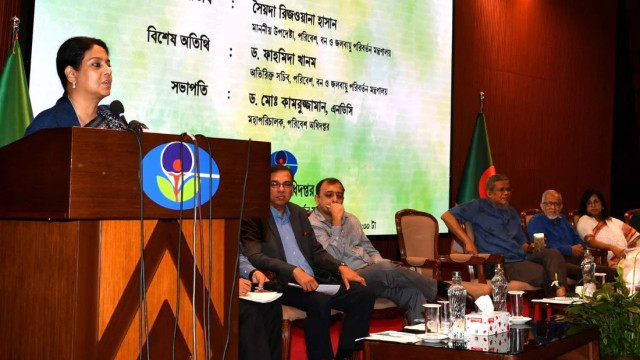
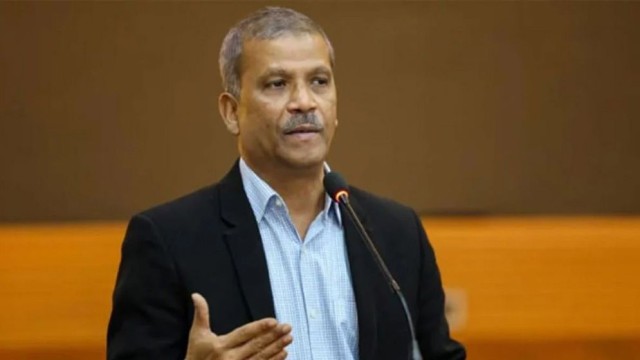

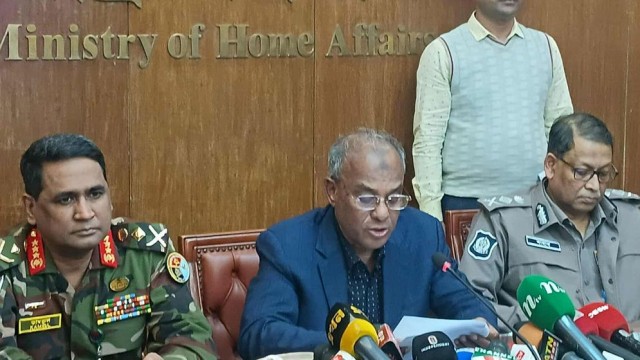

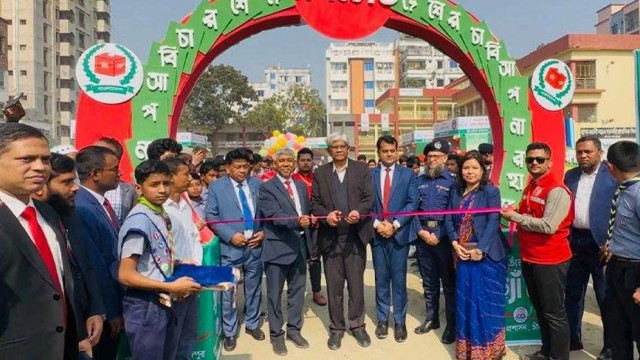
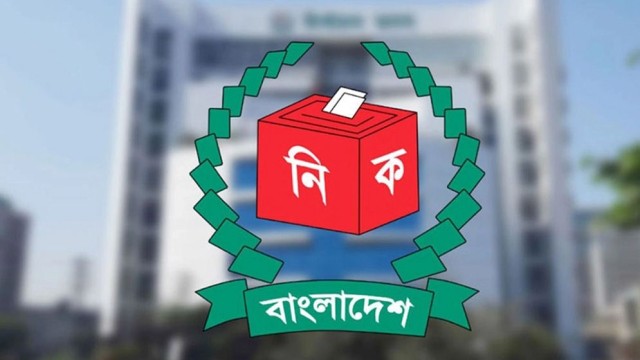
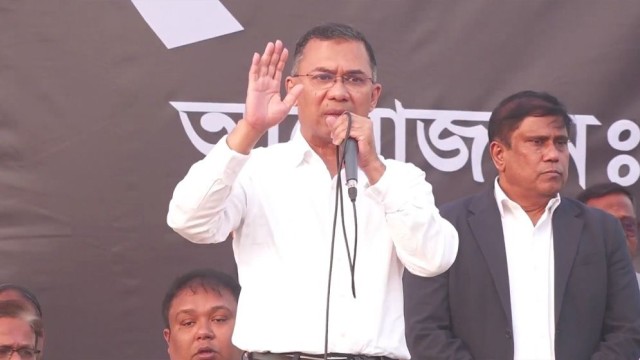
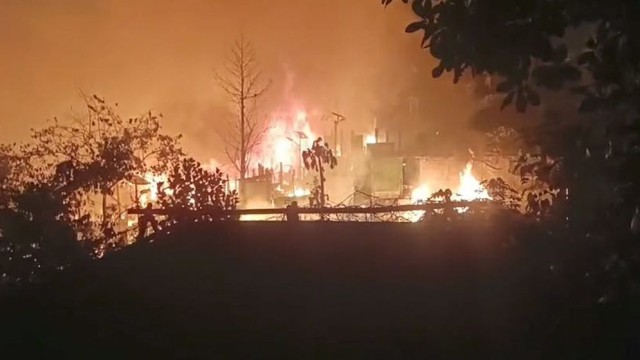
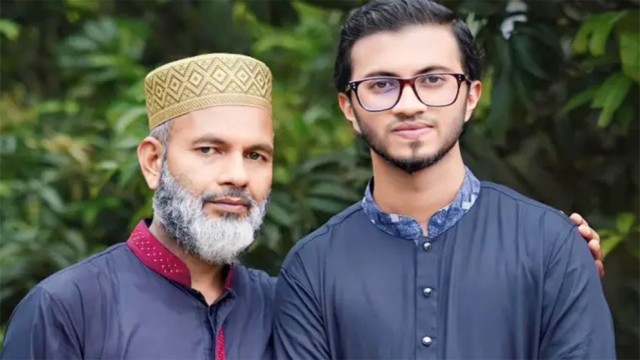

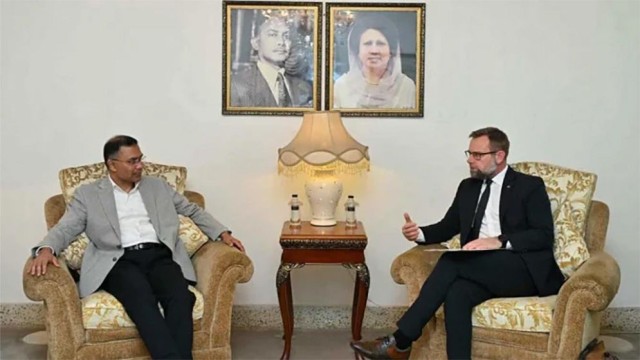
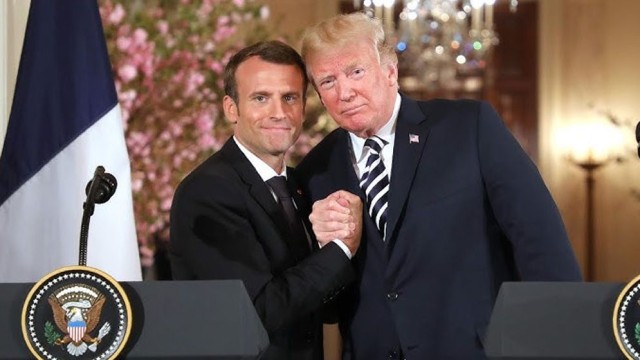
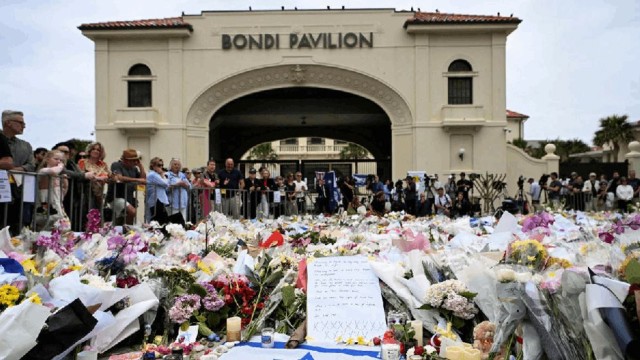
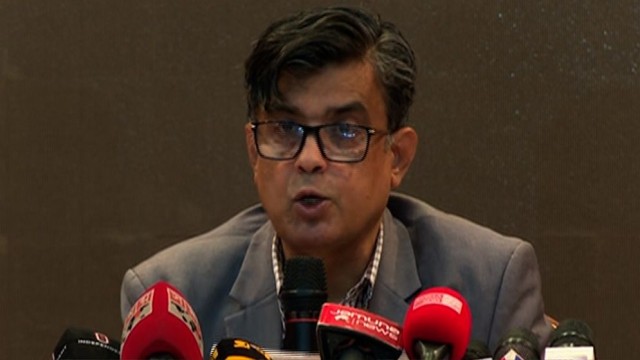
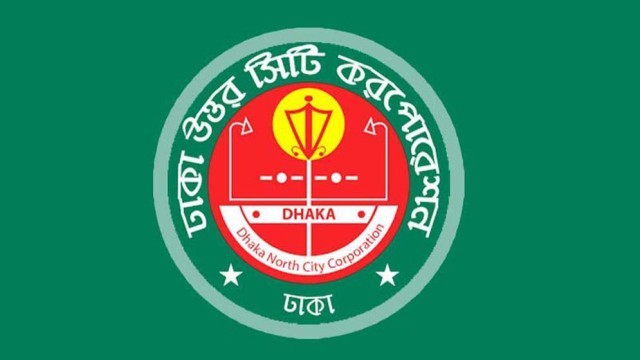





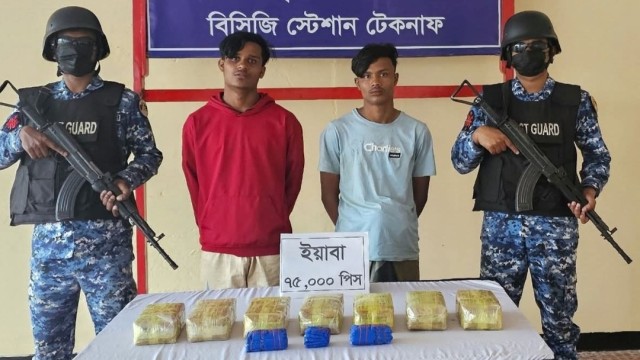

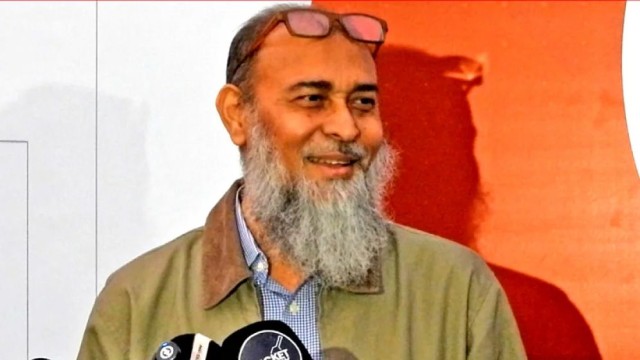

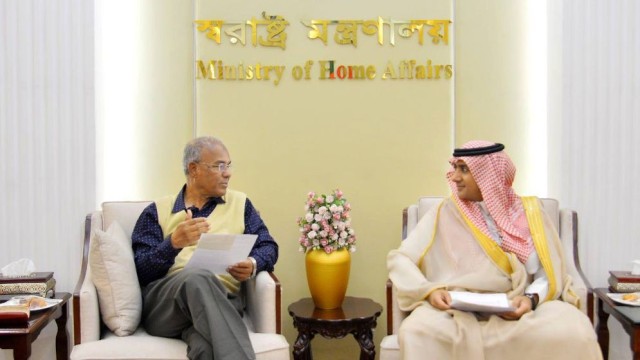

Comment: